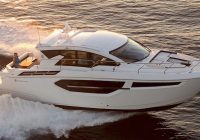With the sport of sailing relying so heavily on the beautiful waterways nearest and dearest to us, it is no surprise that sustainability is a key focus for many. As part of Sustainability month at Australian Sailing, they will be highlighting some key sustainability initiatives from around the country with the aim of celebrating innovation, sharing ideas and furthering the sustainability of the sport as a whole.
Double Bay Sailing Club (DBSC) is a club that is passionately leading the way with its sustainability practices. As well as implementing a range of energy efficient initiatives including power-saving light bulbs and timers for hot water, DBSC also has systems in place to separate waste streams and actively encourages and participates in recycling.
In addition, DBSC has installed an 82-panel ‘solar power station’ on the club roof that has been in full operation since late 2021. The net exports of this station are over three times the club’s power consumption, which is a fantastic give-back that is able to provide to the local community in the form of green power.
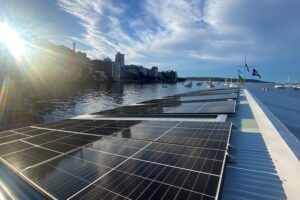
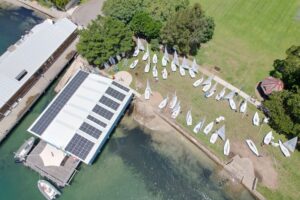
The club’s Commodore, Steven London, states that DBSC actively pursues sustainability as sustainable practices are not only important to the membership of the club, but also to its future.
“At Double Bay Sailing Club our members are encouraged to go about our activities at the club following sustainable practices, and the DBSC Committee and Flag Officers actively put in place guidelines, best practices and projects that help to guide our members to achieve this,” said London.
“We have aligned our sustainability program to World Sailing’s Sustainability Agenda and have completed the Environmental Guidelines for Sailing Venues.
“We feel it is important that everyone considers their impact on society and the environment so that we all contribute to creating a way of life that minimises our impact on the environment and natural resources – at home, work, and also at play,” London finished.
Additional sustainable initiatives the club has implemented include:
Water Efficiency
- Tank water for boat wash down hoses
- Filtered drinking water refill station to reduce the reliance on bottled water by club members
- Water saving devices in club facilities.
a sign on a door
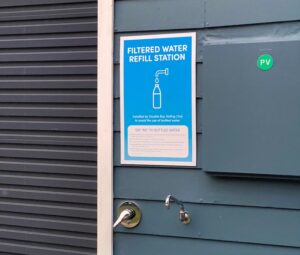
Biodiversity
- The marine vegetation on the foreshore of Double Bay is an important fish habitat and nursery area. Previous renovations and the planning and installation of boat ramp upgrades as well as the masterplan for the possible future footprint, takes this into account
- The deck of the clubhouse provides a sheltered area under which there is a permanent population of stingrays and a resident population of crabs.
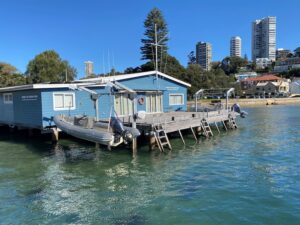
Pollution Management
- An audit of the DBSC risk of direct pollution has been conducted. Waste is fully contained in the club. A list of chemicals stored and used on site is maintained and updated at the annual working bee
- A fuel spill kit is on hand at the club, notwithstanding that fact that the risk of a fuel spill has been assessed as low
- To help keep the foreshore clean, the club participates in Clean Up Australia Day annually
- DBSC encourages members to upload images of pollution to the EyeSea app to assist with the global tracking of marine pollution.
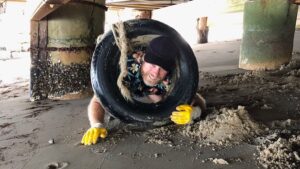
Recycling
- Separate bins for the container deposit scheme are maintained with the likelihood of contamination reduced through the implementation of a Charopy™ bin lid, which scans bar codes and automatically rejects the disposal of incompatible containers
- Used sails are collected throughout the year and are distributed to either the DBSC Learn to Race program, or fishing villages in the Asia Pacific region that can use these sails in their enterprise
- Used sailing clothing (lost and found) is deployed to the DBSC Learn to Race wardrobe (where suitable) and/or intermittently sent to apparel recycling schemes
- Broken spars are collected and deployed by a metal recycling facility.
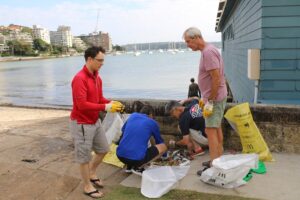
Governance
- The club is managed and run entirely by volunteers from a historic, National Trust listed, timber building in Steyne Park, Double Bay
- The club’s Management Committee meets monthly, and their annual general meeting is held every May
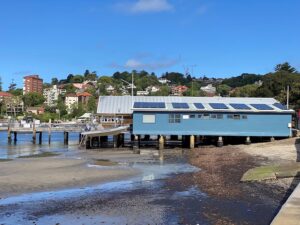
For more information visit www.sailing.org.au





